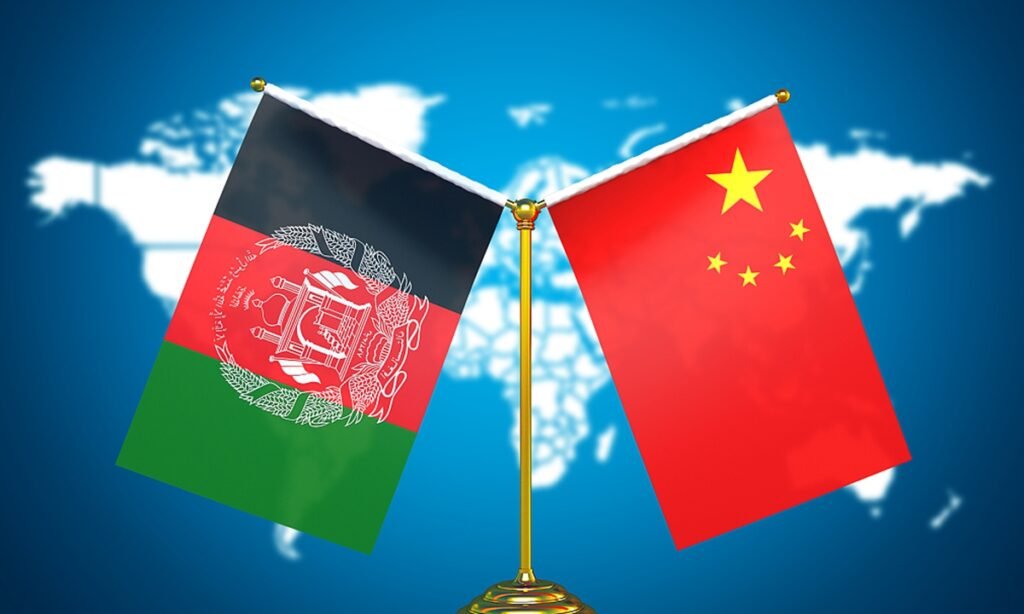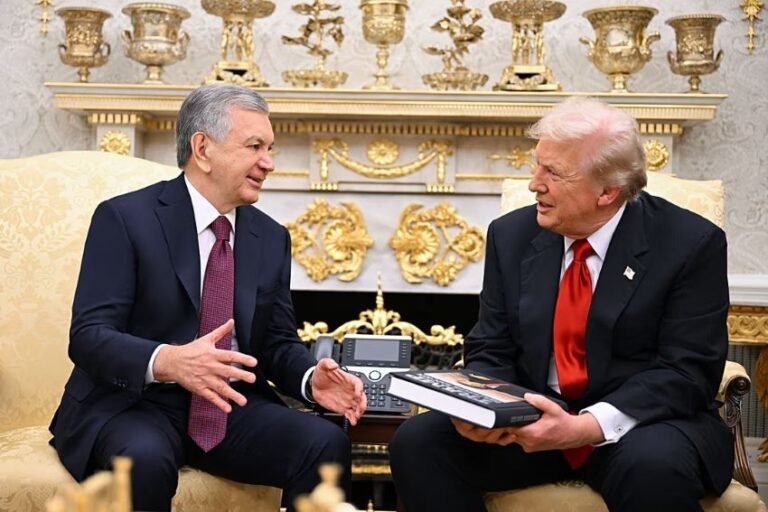Following the US exit from Afghanistan in 2021, China and Afghanistan’s bilateral relations have reached an intriguing point. The diplomatically isolated Afghanistan views China as a diplomatic ally in times of need, while China sees Afghanistan as a strategic partner with promising opportunities for cooperation.
China’s foreign policy towards Afghanistan is based on the principle of ‘3 Respects and 3 Nevers.’ A policy statement issued by China’s Foreign Ministry on April 12, 2022, reads: “China respects the independence, sovereignty and territorial integrity of Afghanistan, respects the independent choices made by the Afghan people, and respects the religious beliefs and national customs of Afghanistan,” the policy continues, “China never interferes in Afghanistan’s internal affairs, never seeks selfish interests in Afghanistan, and never pursues so-called sphere of influence.”
Taking a closer look at China’s interests in Afghanistan, it appears that China wants to increase its trade, connections, and influence in the region.
The perilous nature of security and stability in Afghanistan has been a breeding ground for several terrorist organizations, many of which have had ripple effects in the neighboring Xinjiang region of China.
For instance, ETIM (Eastern Turkestan Islamic Movement), the most notable terrorist organization active in the Middle East, threatens internal order and stability in Xinjiang. Beijing, therefore, looks to Kabul for intelligence sharing, forming a joint counter-terrorism framework, and preventing the resurgence of terrorism in the region.
The strategic location of Afghanistan at the crossroads of South Asia and Central Asia has historically been appealing to all superpowers. Afghanistan can serve as an important node in the gigantic BRI project, promising China a shorter and more direct access to Central Asia and beyond. Stability in Afghanistan is vital for the success of key BRI endeavors, including the China-Pakistan Economic Corridor (CPEC).
In this context, the trilateral agreements between China, Afghanistan, and Pakistan are already drawing significant global media attention. China is also supporting several infrastructure projects in Afghanistan, such as the China-Kyrgyzstan-Uzbekistan-Afghanistan Corridor Agreement.
Economically, Afghanistan presents significant opportunities for China. Its vast reserves of untapped natural resources, including minerals, oil, and natural gas, are particularly appealing to the world’s largest consumer of resources.
The growing population, expanding industrial sector, and rising energy demands are driving Chinese companies to invest in infrastructure, oil exploration, and mining projects in the Heart of Asia. The wealth of minerals such as copper, iron, gold, lithium, and gemstones, combined with Chinese mineral extraction technologies, has the potential to boost the economies of both nations.
It’s worth noting that China, in a post-US withdrawal scenario, became the first country to undertake a large-scale investment in Afghanistan. This was marked by the signing of a multimillion-dollar, 25-year contract for oil extraction. Additionally, on January 6, 2023, the Taliban and Xinjiang Central Asia Petroleum and Gas Company (CAPEIC) entered into an agreement to extract oil from the Amu Darya Basin.
Diplomatically, China views Afghanistan as an opportunity to expand its influence in both regional and international politics. It seeks to establish stability in Afghanistan and help counterbalance the influence of other regional powers, such as India. China is leveraging the mishandling of the Afghanistan situation by the US on various platforms.
Chinese Foreign Minister Wang Yi diplomatically criticized the US as the “initiator of Afghanistan’s predicament” and urged it to end its unilateral sanctions on the country and return Afghanistan’s state assets. This diplomatic stance not only positions China as a supporter of Afghanistan’s sovereignty and economic well-being but also attempts to erode US credibility in international issues.
As previously mentioned, China possesses a myriad of diplomatic, economic, and political interests in Afghanistan. However, it remains cognizant of the country’s security situation and its historical interactions with external powers. Consequently,
China is methodically expanding its roles and options in Afghanistan through prudent engagement in various international and regional forums. It advocates for the presence of UN peacekeeping missions and supports the enhanced involvement of the Shanghai Cooperation Organisation (SCO) in Afghanistan.
China is tactfully integrating Afghanistan into different sub-regional groupings, exemplified by hosting the Pakistan-Afghanistan-China trilateral, along with engaging in bilateral discussions with nations such as India, Russia, the UK, Germany, and the US This strategic approach reflects China’s effort to share the responsibility of Afghanistan’s reconstruction with other stakeholders, rather than bearing the entire burden alone.
As events unfold and new dynamics emerge, one thing is clear: China’s role in Afghanistan will continue to be a critical factor in shaping the future of this historically significant nation and its impact on the broader region.
*The author is pursuing a Bachelor’s degree in International Relations from National Defense University Islamabad. She works as a contributing writer at Technology Times and can be reached at natashamatloob737@gmail.com
**The views expressed in this article are those of the author and do not necessarily reflect the opinions of The Diplomatic Insight. The organization neither endorses nor assumes any responsibility for the content of this article.
Established in December 2008, The Diplomatic Insight is Pakistan’s premier diplomacy and foreign affairs magazine, available in both digital and print formats.








